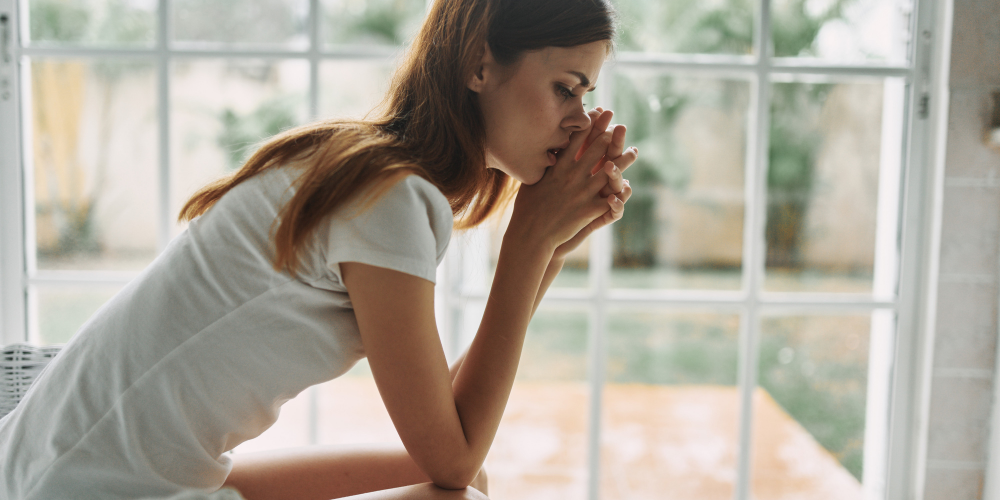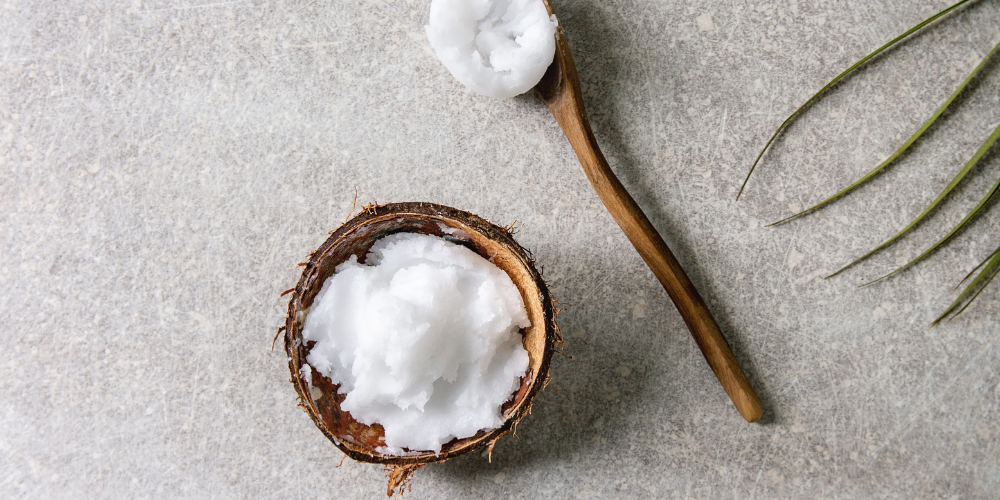
Simply put, vaginal dryness can be wildly painful and uncomfortable, and finding relief isn’t always easy. It can happen to women at any age and can be caused by a variety of factors that we don’t often consider. Not only can vaginal dryness cause discomfort throughout the day and night, it can also impact intimacy and your self-esteem, which is why finding a treatment that works for you is very important.
The emotional impact of vaginal dryness can be huge — navigating changes in your body can be stressful and accepting them can result in a loss of self-confidence and even sexual confidence. This can take its toll on your libido, spilling over into your sex life and resulting in lower sexual satisfaction. But a loving partner should be supportive as you seek treatment for the uncomfortable and painful condition.
Remember that it’s completely normal to feel changes in your emotions and mental well-being if you’re experiencing any of the symptoms of vaginal dryness.
The dreaded symptoms
If one thing is certain, it’s that the symptoms of vaginal dryness can stop you from living life to the fullest. One could feel itchiness and soreness around the vagina, discomfort or pain during intercourse, an increase in the amount of times they have to pee, and even experience frequent urinary tract infections (UTIs). In severe cases, a woman could even experience bleeding after sex due to friction within the vagina, resulting in small cuts and tears.

The causes of vaginal dryness
The causes of vaginal dryness range from easy-to-treat to factors that are a bit more complex. What many people don’t consider is their water intake — dehydration can result in dryness “down there”, just like how it can cause the skin on your face and body to become dry and flaky. If you’re experiencing vaginal dryness, increasing your water intake is a good place to start as this could resolve some of the symptoms. Otherwise, a trip to the doctor will certainly help.
Another common cause of vaginal dryness is menopause. A woman can experience menopause in their 40s and 50s, and it is marked by a shift in hormones. These hormonal changes result in the end of your menstrual cycle and even though it’s a perfectly normal, natural biological process, it still comes with its symptoms. Menopause symptoms often include vaginal dryness, along with hot flashes and night sweats, difficulties sleeping, weight changes, thinning hair, lower energy, and more.
What a lot of women don’t consider is the link between antihistamines and vaginal dryness. Because antihistamines provide allergy relief by drying up mucus membranes found in your nasal passages and airways, it can also cause dryness within the walls of your vagina. This lack of lubrication can cause prolonged discomfort, especially if you take antihistamines frequently. If you suspect your vaginal dryness is linked to the use of antihistamines, looking for natural ways to remedy your seasonal allergies could provide relief.
Other causes of vaginal dryness include: hormonal changes due to birth control, menopause, or menstruation, medications used to treat cancer, infertility, fibroids, or endometriosis, smoking, chemotherapy and radiation, stress, childbirth, and breastfeeding.

How to treat vaginal dryness
If the use of antihistamines is the culprit for your dry nether regions, switching to natural allergy remedies like acupuncture, herbal supplements, saline nasal rinses, and using a humidifier can help. The application of natural oils like coconut, vegetable, grapeseed, olive, and sunflower, to your vaginal area before, during, and after intercourse can provide lubrication and encourage your vaginal tissues to produce some moisture.
When showering or bathing, be sure to avoid using soaps that contain harmful chemicals and toxic ingredients — clean, natural products are best and will be gentler on your sensitive areas. Chemical-based laundry detergents, perfumes, and lotions should also be avoided.
In combination with the other suggested treatments above, increasing your water intake and even investing in a natural vaginal moisturizer can provide relief. A vaginal moisturizer can be used on a daily basis and should not be confused for lubricant. These can be found online or natural products like coconut oil, vitamin E, and aloe vera can be used. Additionally, a water-based lubricant for “sexy time” is also a great idea as this will prevent any further irritation from friction.
Tailoring your diet to ensure you’re consuming enough hormone-supporting foods can also work wonders on your physical and mental well-being. Phytoestrogens, found in foods like legumes, cereals, and vegetables, can support your estrogen levels.
If you’ve noticed that vaginal dryness is affecting your lifestyle, mood, or intimacy with your partner, consider making an appointment with a healthcare professional to discuss options.
Disclosure: We are a professional review and product rating website and mobile app that receives compensation from the companies whose products we review and rate. We are independently owned and the opinions expressed here are our own interpretations of a trusted source.
Vaginal Dryness: Could it be Linked to Allergies? was originally published in Think Dirty on Medium, where people are continuing the conversation by highlighting and responding to this story.